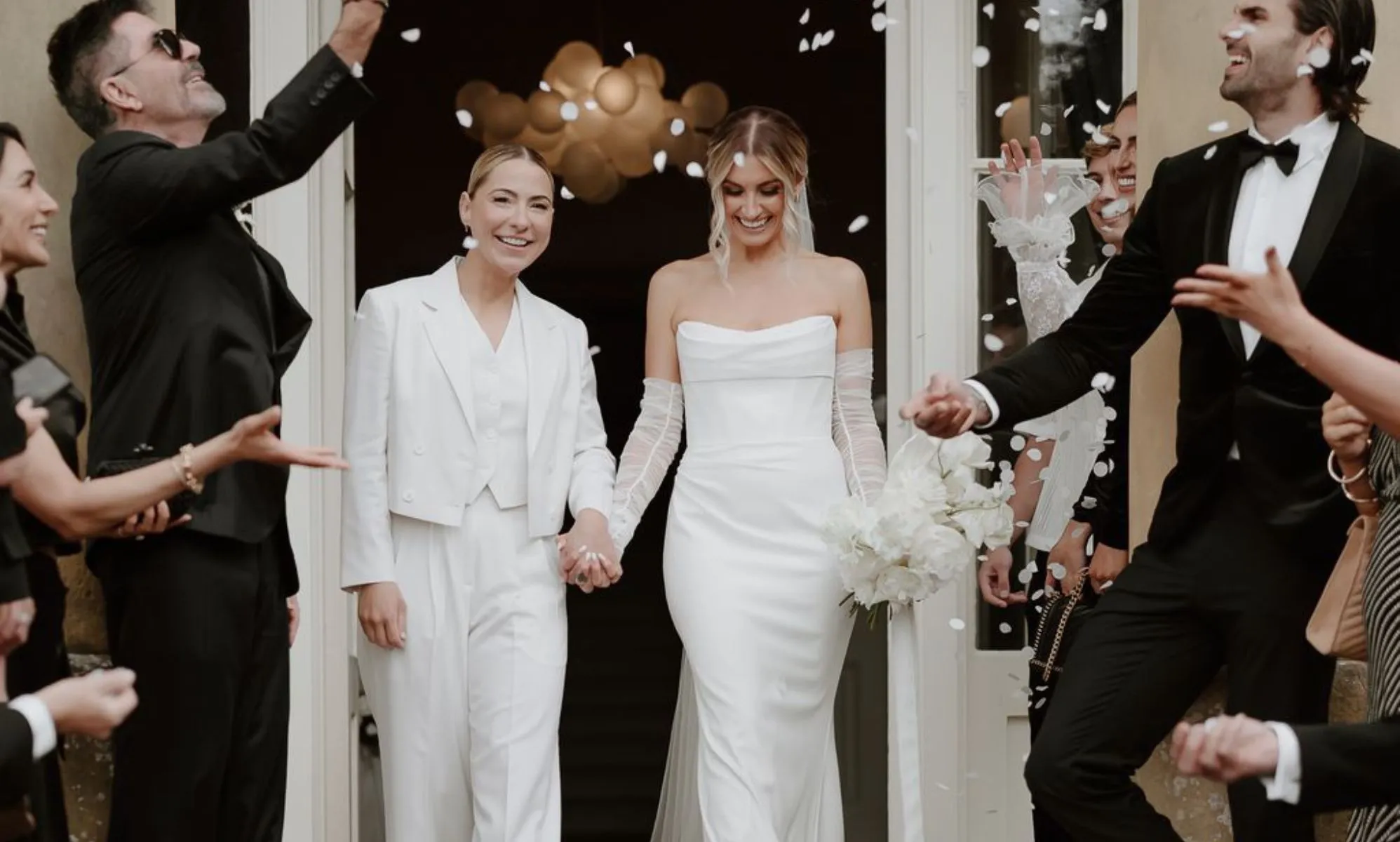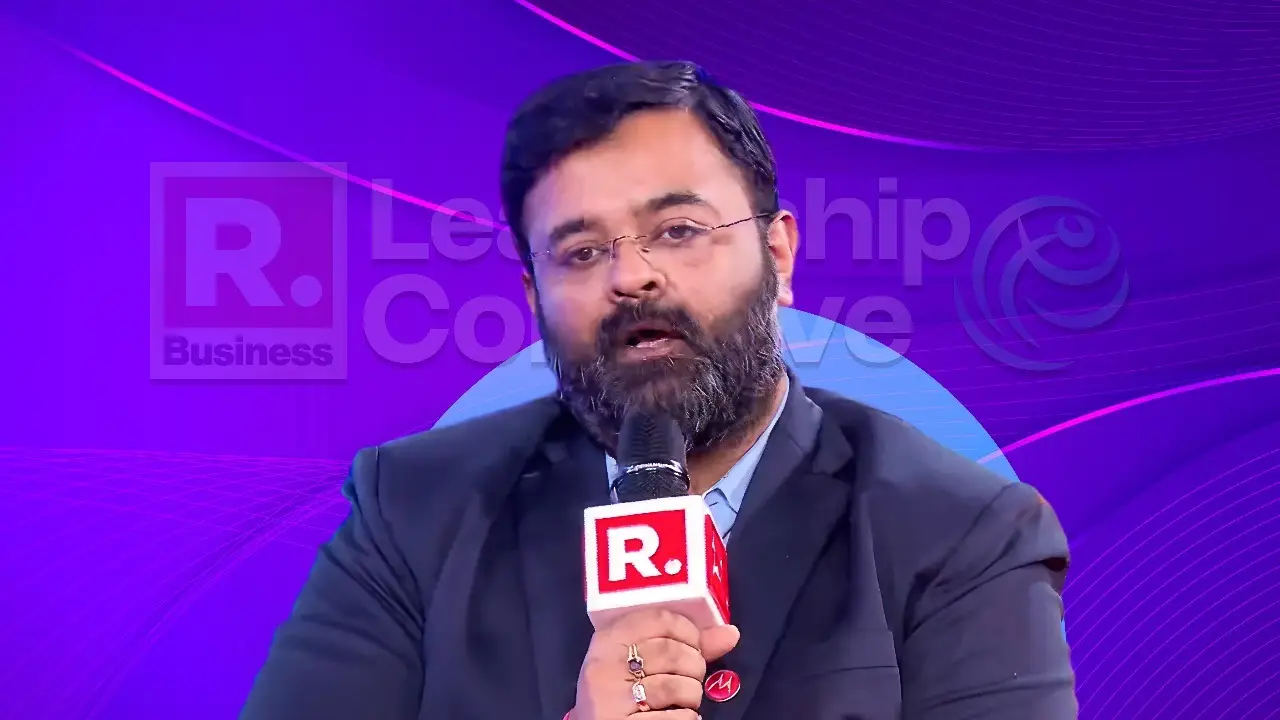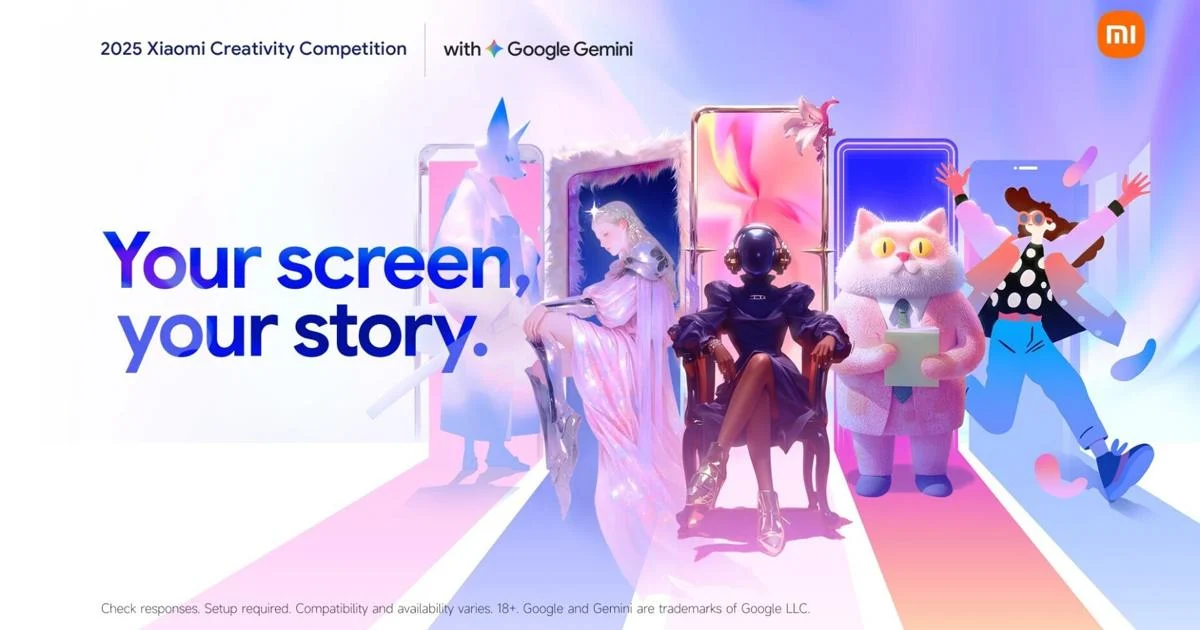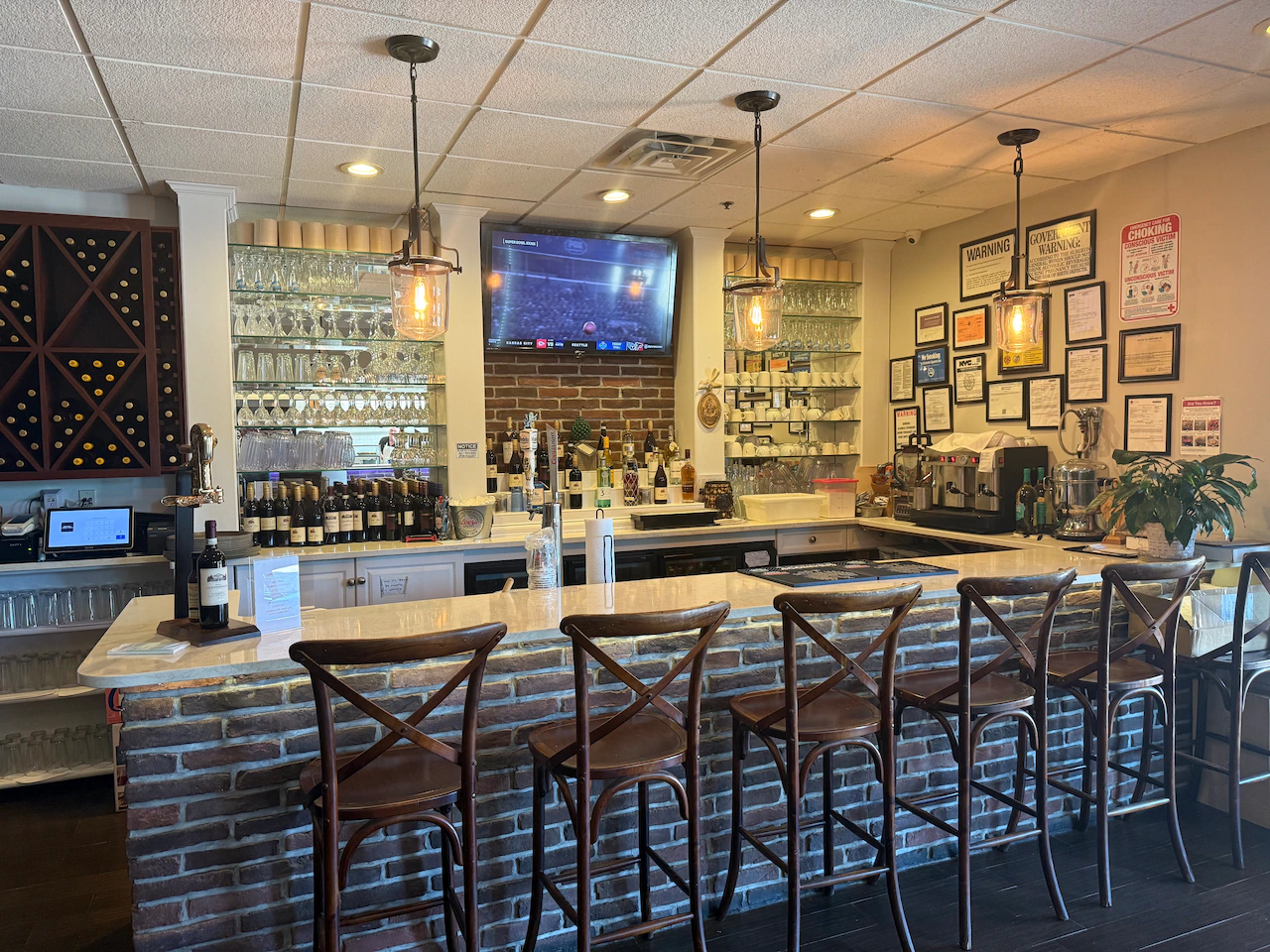By Amelia Hansford
Copyright thepinknews

When X Factor star Lucy Spraggan was planning her wedding, she ran into a road bump that’s seldom talked about – virtually no tailor makes suits for women in the UK.
The non-binary singer contacted dozens of tailors in her quest to find her dream suit. Close to giving up, she eventually got in touch with King & Allen, who were happy to help make her dream come true.
The bespoke tailoring company, which has branches in Birmingham, Surrey, London – including the world-famous Savile Row – and Knutsford, in Cheshire, has been creating suits for all body types for more than 20 years, with diversity, inclusion and approachability at the centre of its culture.
Lucy began her relationship with King & Allen in 2016 when she visited the tailors’ Knutsford branch. When she got engaged in 2024, Spraggan said she and store manager Karl designed the suit together based on everything she had asked for while taking into account her body type. Eventually, on a dream-like June morning in 2024, she walked down the aisle, given away by Simon Cowell, wearing a white three-piece suit with wide-leg trousers and a cropped jacket.
“It felt amazing,” she told The Wedding Edition. “I felt so good in it, it [fitted] so well and the shape [was] exactly what I wanted. I’d never feel comfortable in a dress, the idea of being in a wedding dress gives me the willies. The suit really captures me as a non-binary person, you feel quite fluid in it because it covers all bases.”
This story is common for the tailors at King & Allen. The company’s co-founder, Jake Allen, said many clients come to them after searching far and wide for an inclusive tailor, to no avail.
“We’ve had clients who’ve postponed their weddings for up to two years because they haven’t been able to find something to wear,” he added.
The problem is that tailoring as an industry is way behind the times, both societally and practically speaking, he said. Even if well-established tailors wanted to create suits for women, they’re not equipped to do so.
“Traditional tailors usually have a house cut so if someone came in and asked for a soft shoulder, but they went into a tailor whose house cut was a firm shoulder, they’d send them to someone else,” he told PinkNews.
“If you’re a cutter of suits, you’re traditionally either a men’s cutter or women’s cutter, you can see we’re already falling into the binary here. Most tailors won’t want to employ a cutter of male suits and female suits when most of their demand is for men.”
‘I couldn’t believe tailors were turning people away’
What Allen described as a “stuffy, Savile Row, traditional image,” has created a huge gap in the market for tailoring that adheres to all body types, whether they be feminine, masculine or anything in between. This is where King & Allen come in.
Since first appearing in pop-up shops in cities across the UK during the early 2000s, King & Allen has prioritised inclusivity in all aspects of suit-making, from tailoring for all body types to ensuring the client feels safe and comfortable during fittings.
“It kind of happened organically,” Allen said. “When we were younger, my business partner and I couldn’t believe tailors were turning people away for the sake of rigidity to some kind of formal house cut, which made us become very customer-led. If someone comes to us asking for a softer line or more fitted or more boxy cuts, then we do that. We listen to what they want.”
This mentality has brought a number of LGBTQ+, gender-non-conforming, and neurodivergent clients to King & Allen’s door. In 2022, the company made suits for roughly one in five of all female same-sex weddings where a suit was worn.
“We realised that women weren’t being served by the market and that LGBTQ+ people also weren’t being served… for the LGBTQ+ community, not only have you got to find someone who’ll cut a suit [for your body type] but you’ve also got to find someone who is LGBTQ+ friendly.
“We’re tailors, we make stuff from scratch. There’s nothing there apart from a roll of cloth to start with, and we can craft that how we want. Why not make something that fits?” Allen said. “We don’t have to stick rigidly to one particular image of what we think a suit should look like.”
Social pressure can prevent LGBTQ+ people having their dream wedding
The issues aren’t just about the tailors themselves, Allen notes, but also due to societal expectations and pressure, especially around weddings.
“I’d go a step further and say the whole fairy tale princess wedding [fantasy] is so ingrained in society that the white dress itself can sometimes form a barrier,” he says.
“We have clients who think they have to wear a dress to their wedding. They started the process thinking, ‘oh god, I’ve got to wear a dress.’ They haven’t worn a dress since they were three years old, they would never think about wearing a dress, and now they have to wear one on the most important day of their life.
“Once they’ve gotten their head around the fact that they can take a different approach, they’re like, ‘Oh my god, where am I going to get a suit that fits me?’ They don’t know where to start, and they start off the peg and nothing fits, it’s all horrible … then they find us, and they are delighted that there is someone who understands them and their needs, which soon turns to excitement about the outfit we are going to create, whereas before there was only trepidation.”
Their mission isn’t over, however. King & Allen is continuing to innovate on its inclusive tailoring practices, including creating new fitted silhouettes for trans and non-binary people.
“It’s all part of our ongoing journey. We try and understand,” he says. “A lot of the team do identify as LGBTQ+, but not all of them do. Even if they do [identify as LGBTQ+], that doesn’t mean they understand everything about intersectionality.
“We have regular discussions on intersectionality or what discrimination people might have experienced and what barriers they’ve faced. We read literature as a company around inclusivity, all of this feeds back into our approach to tailoring and delivering a finished garment which delights and inspires the wearer but most importantly makes them feel authentically themselves.”
Share your thoughts! Let us know in the comments below, and remember to keep the conversation respectful.



